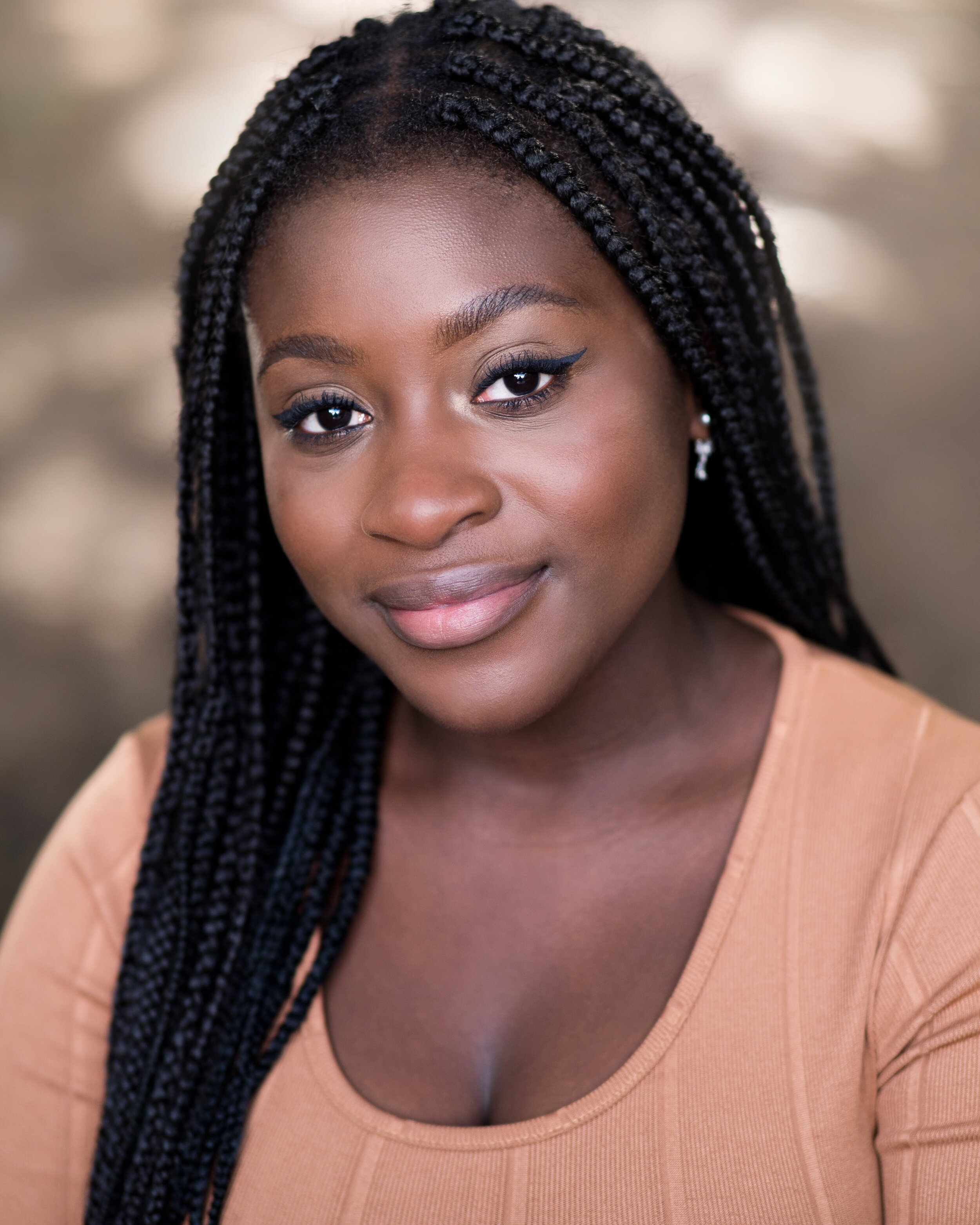How Coram Shakespeare Schools Foundation has a lasting impact on special school students' lives

19-year-old actress, singer and dancer, Janet Oyewole, is deeply invested in the arts and its many forms. Oyewole first fell in love with performing in her school production of Macbeth with Shakespeare Schools Foundation back in 2017. She's since gone on to become an original member of the Youth Advisory Board at the Royal Shakespeare Company and perform in notable productions, such as Romeo & Juliet and Les Misérables. She is currently attending Italia Conti Academy of Theatre Arts where she hopes to complete her degree in acting.
What does Shakespeare mean to you and how has his work impacted your life?
Shakespeare is something every actor should learn to master. It takes hard work but it’s so rewarding to unpick the rich and diverse language that he had written for us. Learning how to act Shakespeare's language is one of the fundamental building blocks for acting. I love the rich and flowery language and the secrets you can find within it. That's actually one of my favourite parts; the interpretive aspect and how many different undercurrents you can find within each line.
Shakespeare has impacted my life ever since I was in school studying his plays/sonnets and learning the themes, writing and content of the time period together has been fascinating to me.
What is your favourite Shakespeare play and character?
My favourite Shakespeare play is Macbeth because of the endless possibilities of how you can build the setting of Scotland, giving each director the opportunity to be unique. The supernatural and fantastical elements have always appealed to me as I love fantasy as a genre. The theme of nature becoming imbalanced and how the natural order of things is distorted is a fantastic representation of anarchy.
The structure of the play is captivating as you watch Scotland delve further into turmoil in synchrony with Macbeth’s own descent into madness. “Look like the innocent flower but be the serpent under’t” is a line that is rich with context and forms the basis for a fantastic overall monologue.
It would not surprise you then to hear that my favourite Shakespeare character is Lady Macbeth. She is a complex and well-crafted character that challenges gender roles and femininity through language and her characteristics. I just love a woman in control and Lady Macbeth is the epitome of a woman running the whole show.
What was your experience like with the Shakespeare Schools Festival?
It was one of the first times I was cast in a Shakespeare play; Before that I had only encountered Shakespeare as a scholar. I first fell in love with his work there, but my relationship was transformed when I got to examine Shakespeare as an actress. The curtain was pulled away and I saw that performing Shakespeare was not unattainable but rather something that I could really excel at.
My favourite moment was during Lady Macbeth’s final monologue. Instead of having Lady Macbeth alone onstage, the whole cast crowded around her. There was no light on stage except for the torches on our smartphones. I thought it physicalised her descent into madness perfectly.
Did you act at school?
The performing arts department at my secondary school was brilliant and provided me with many opportunities to get involved with acting. I performed several times during my school years and it helped to ignite my love of acting, allowing me to realise that this is truly what I wanted to do.
To celebrate #BlackHistoryMonth, which black actors, directors or writers would you like to spotlight and celebrate?
A black writer and actor who I think deserves all the recognition in the world is Michaela Coel. She is continually breaking down boundaries in the industry by being herself and only making the work she wants to create. The bravery that it takes to draw on your life experiences for art and entertainment needs to be commended because it is not easy. Watching Coel's, ‘I May Destroy You’ was empowering and showed me the value of my voice in this industry.
Another person to highlight is Debbie Tucker Green. Her writing about specifically black characters and stories helps young people like me feel seen. Our stories deserve to be told just as much as anyone else's. Her writing style is unique, a joy to explore and actors will get a lot from reading her plays.
I would love to also highlight the poet and digital creator, Adesayo Talabi, who goes by @SimplySayo across her socials. She is an incredible wordsmith and is not afraid to use her heritage to explore topical issues through comedy. We have the same cultural background so I really relate to her point of view and admire her ability to imbue her art with her identity.
If you could go back in time, what advice would you give your younger self?
I would tell myself to believe that you are good enough to be in the room. When you enter this industry, more so than any other, you are surrounded by people who are incredibly talented. Whilst it’s natural to be intimidated, I wish I believed in my own talent and enjoyed the experiences more, instead of worrying that I wasn’t good enough to be there.

